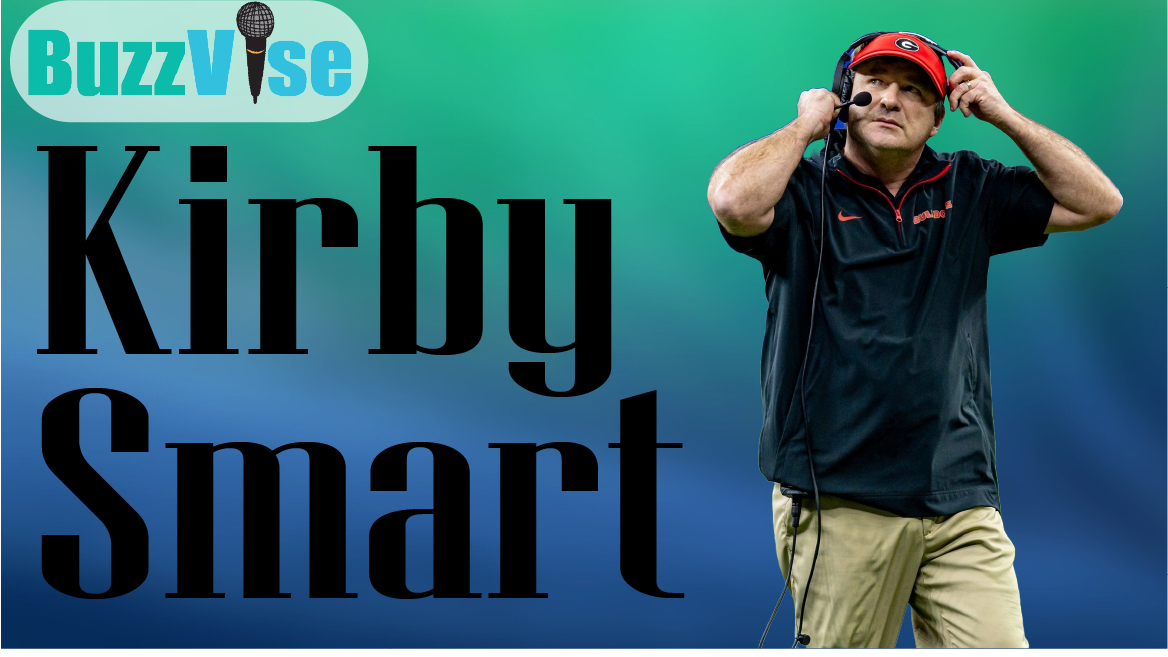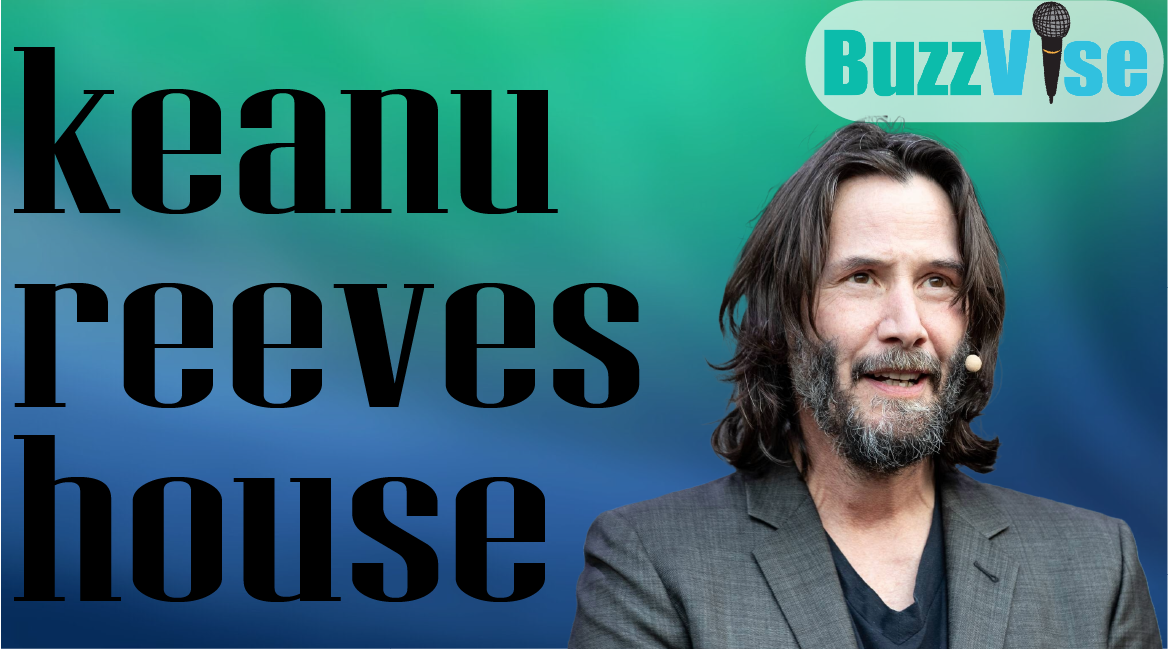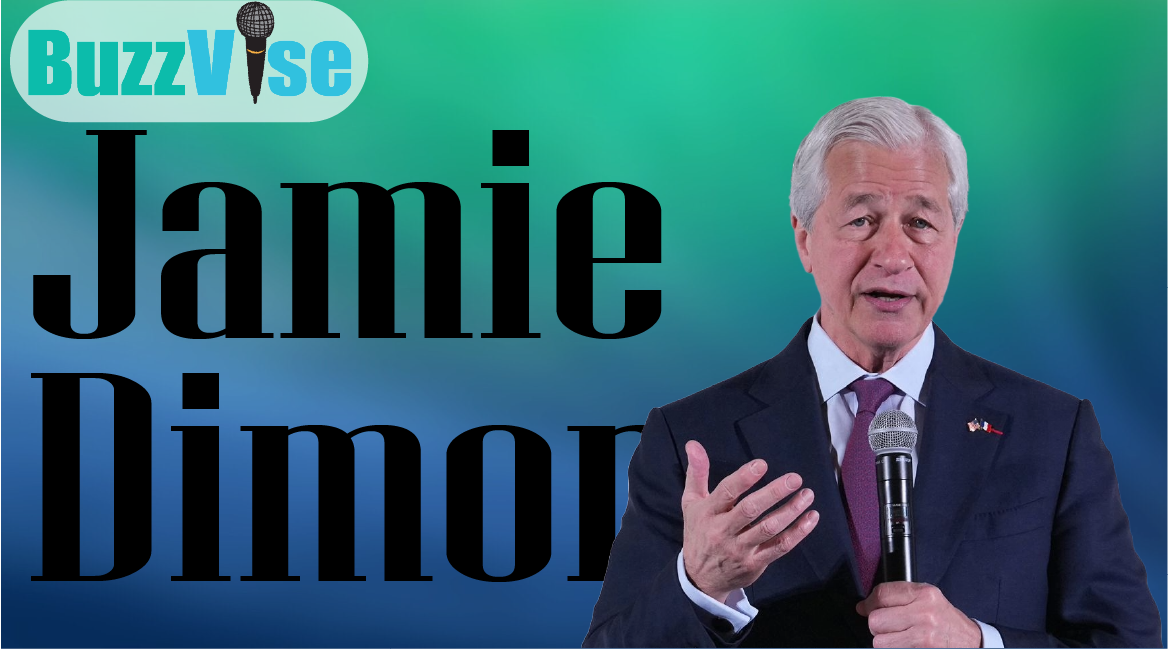A Dire Warning from a Leading Voice
In a recent interview on The Paul Finebaum Show, Georgia Bulldogs head coach Kirby Smart issued a stark warning about the sustainability of college athletics. He expressed concerns that, without significant reforms, many schools could be forced to cut non-revenue sports within the next one to two years.
The Crux of the Concern
“We’re on the brink of probably one to two years away from a lot of schools cutting sports,” Smart stated. His apprehension centers around the current landscape shaped by Name, Image, and Likeness (NIL) deals, which, while beneficial for athletes, have introduced financial complexities for athletic departments.
| Name | Kirby Smart |
|---|---|
| Born | December 23, 1975 |
| Age | 49 (as of 2025) |
| Birthplace | Montgomery, Alabama, U.S. |
| Height | 5 ft 11 in (180 cm) |
| Occupation | College Football Coach |
| Current Role | Head Coach, Georgia Bulldogs |
| Alma Mater | University of Georgia |
| Coaching Start | 1999 |
| Championships | 2× CFP National Titles |
| Family | Married, 3 children |
| Known For | Defensive Strategy, Leadership |
| NIL Position | Supports with regulation |
| Key Concern | Sustainability of college sports |
Seeking Structure in a New Era
Smart emphasized that the issue isn’t about compensating players but about establishing clear guidelines to ensure financial sustainability. “We just want to know the parameters with which we’re playing by and be able to sustain a budget,” he remarked. He highlighted the disparity in earnings among players, noting the challenges when a freshman earns more than a senior, potentially disrupting team dynamics and morale.
A Broader Concern in College Athletics
The coach’s concerns are not isolated. The broader collegiate sports community has been grappling with the rapid changes brought about by NIL policies. While these policies have empowered athletes, they’ve also led to an arms race in recruiting, with schools vying to offer the most lucrative deals. This competitive environment places immense pressure on athletic budgets, especially for programs that rely heavily on revenue from marquee sports like football and basketball.
The Risk to Non-Revenue Sports
Non-revenue sports, such as swimming, gymnastics, and wrestling, are particularly vulnerable. These programs often depend on the financial success of larger sports. As resources are diverted to meet the demands of NIL deals in high-profile sports, smaller programs risk being marginalized or eliminated.
A Call for Balanced Reform
Smart’s call for action underscores the need for a balanced approach. He advocates for a system where athletes are fairly compensated, but within a framework that ensures the longevity of all sports programs. “We just want it to be in a way that’s sustainable,” he said, emphasizing the importance of preserving opportunities for athletes across all disciplines.
The Role of Leadership and Policy
The path forward requires collaboration among stakeholders, including university administrators, athletic directors, coaches, and policymakers. Establishing clear regulations and financial guidelines is crucial to maintaining the integrity and diversity of collegiate athletics.
Preserving the Spirit of College Sports
As the landscape continues to evolve, Smart’s insights serve as a timely reminder of the delicate balance between innovation and tradition in college sports. Ensuring that all athletes, regardless of their sport, have the opportunity to compete and thrive should remain a central focus in the ongoing dialogue about the future of collegiate athletics.
FAQs
1. What did Kirby Smart say about the future of college athletics?
Kirby Smart warned that many schools could be forced to cut non-revenue sports within the next one to two years if financial conditions don’t stabilize, particularly due to pressures from NIL spending and lack of regulatory structure.
2. Is Kirby Smart against players making money through NIL?
No, Smart supports players earning money but emphasizes the need for clear rules. He’s concerned about sustainability and fairness—especially when underclassmen make more than seasoned veterans.
3. Which sports are at risk according to Kirby Smart?
Non-revenue sports like swimming, wrestling, and gymnastics are most vulnerable. These sports often depend on football and basketball revenues, which are now being stretched thinner.
4. What solution does Kirby Smart propose?
He calls for defined financial and recruiting guidelines. Smart believes athletic departments need structure to budget responsibly and avoid sacrificing smaller sports programs.





Leave a Reply